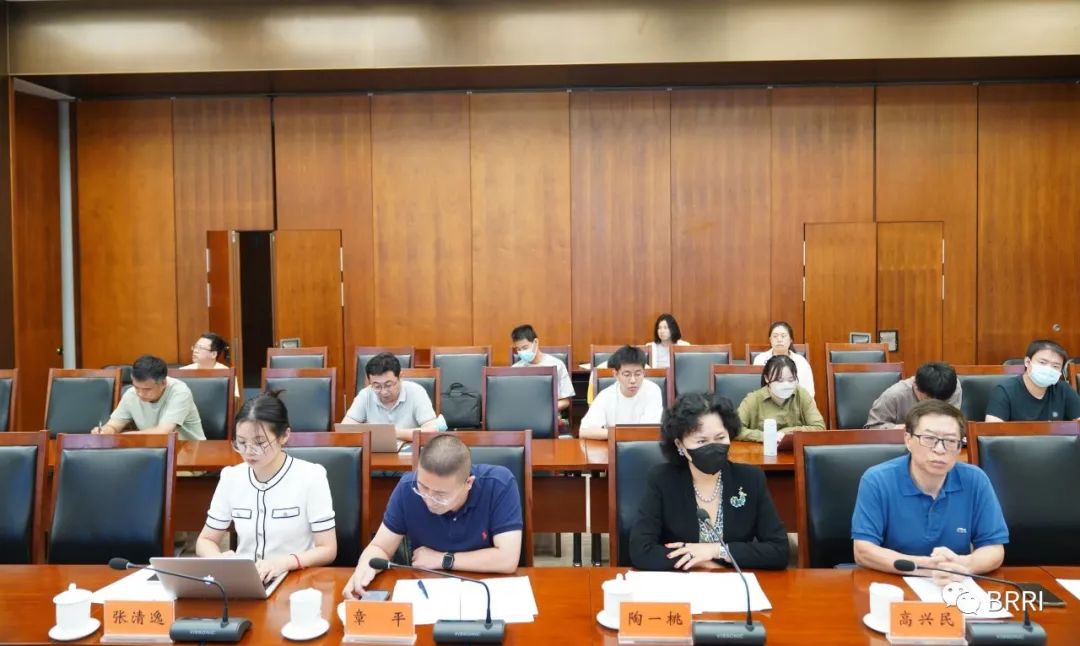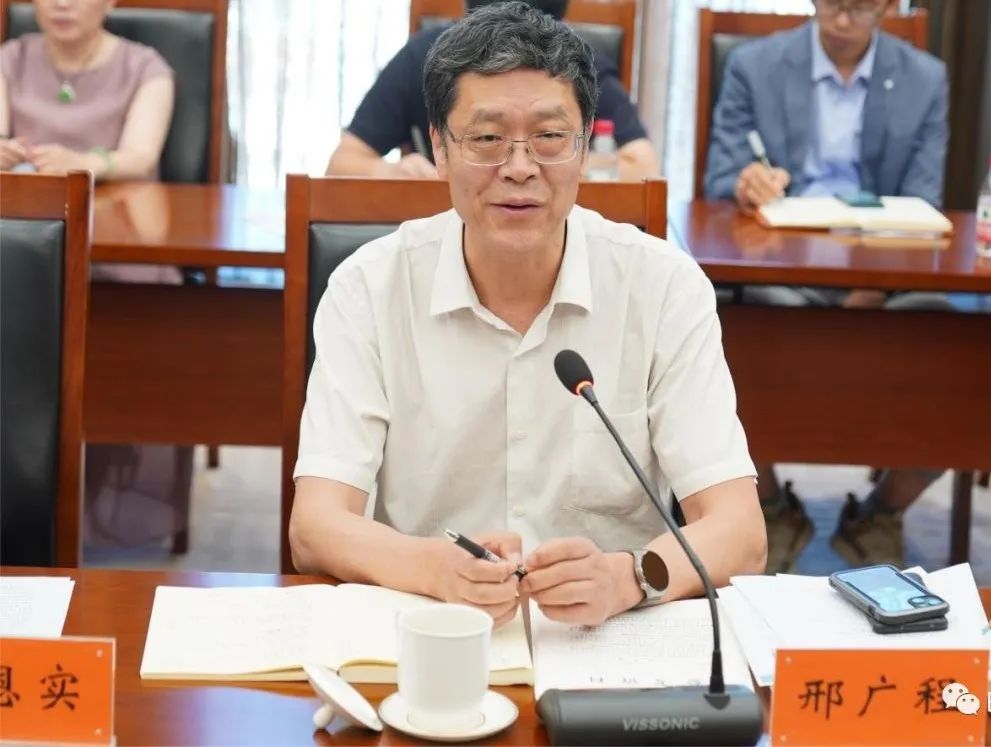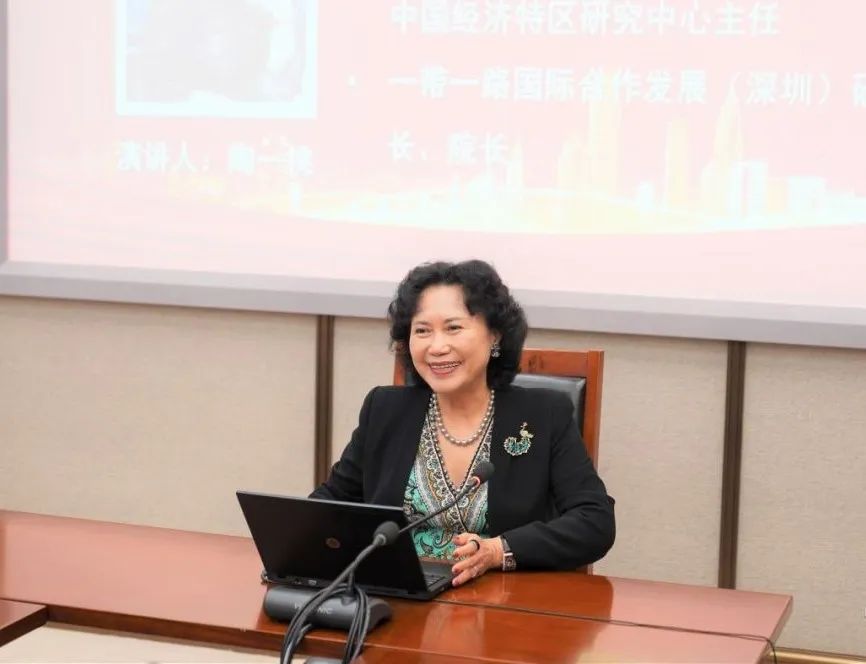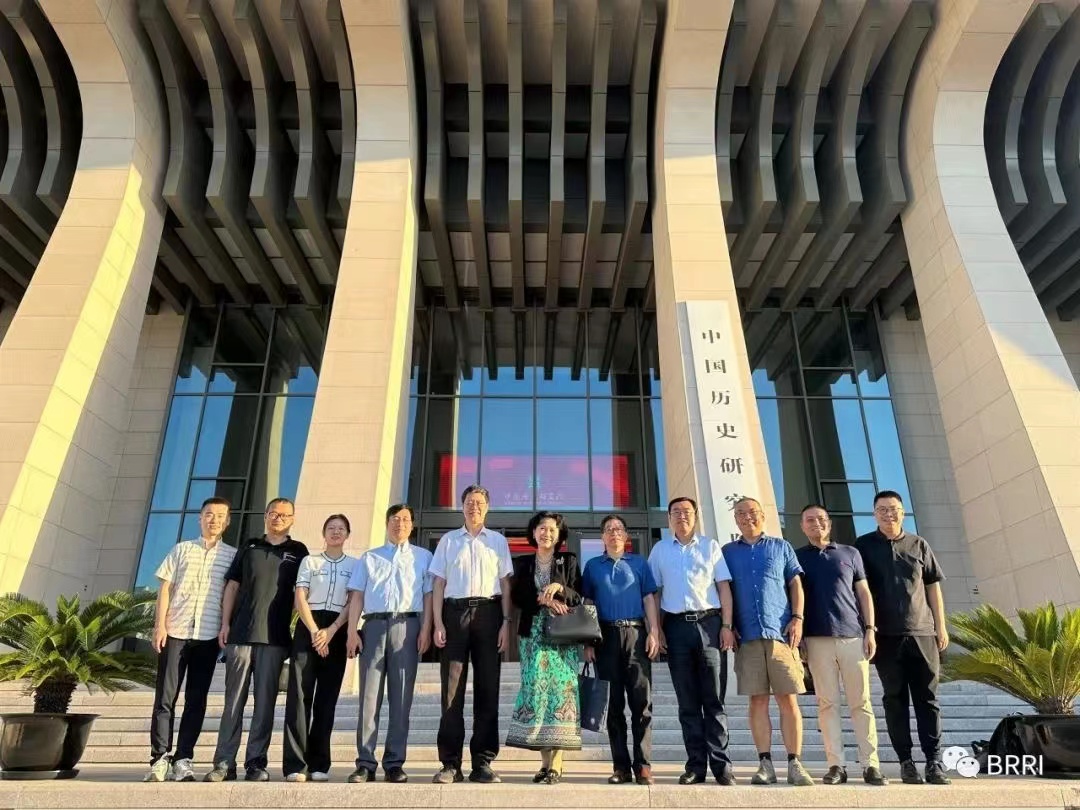On the afternoon of August 22, Prof. Tao Yitao, Director of China Center for Special Economic Zone Research (CCSEZR), Shenzhen University (SZU), Director-General of the Belt and Road Research Institute (Shenzhen) for International Cooperation and Development (BRRI), was invited to participate in and deliver a speech at the Borderland Situation Analyze and Assessment Conference of the Institute of Chinese Borderland Studies, Chinese Academy of Social Sciences (CASS). The conference was successfully held, with the whole staff of the Institute of Chinese Borderland Studies present, focusing on borderland issues and discussing borderland research with great minds.

Attending the conference were experts of the Institute of Chinese Borderland Studies, including First-Class Researcher Xing Guangcheng, Member of CASS, Director of the Institute of Chinese Borderland Studies, Researcher Fan Enshi, Deputy Director of the Institute of Chinese Borderland Studies, Editorial Reviewer Li Dalong, Director of the Department of the National Border and Theory of the Institute of Chinese Borderland Studies, and Researcher Xu Jianying, Director of the Department of Xinjiang Studies of the Institute of Chinese Borderland Studies. Prof. Gao Xingmin, Deputy Director of BRRI, Associate Prof. Zhang Ping, Deputy Director of CCSEZR, Associate Prof. Yun Wenjie, Distinguished Researcher of CCSEZR, and Zhang Qingyi, Assistant to the President of BRRI, attended the conference.

At the conference, Prof. Tao Yitao put forward five points of view to analyze the significance and value of inclusive development from the perspective of China's relationship with neighboring countries. She explained that, fundamentally, the implementation of the “Belt and Road” Initiative is not a simple economic issue, no matter for China or the countries along the route, but a non-economic issue in which culture is superior to capital, and institution to technology. Compared with capital and technology barriers, the institution and culture provide both the softest and hardest constraints, and therefore the most fundamental ones.
Prof. Tao emphasized that inclusive development is the ideological basis for cooperation and shared prosperity, which is also the purpose of inclusive development. Human development is also the process of mutual compatibility of different concepts, values and cultures. To achieve inclusive development, we should respect each other's core interests, support the advancement of member countries and, at the same time, face up to contradictions, differences and even conflicts.
In resolving differences based on different national interests, valuations and political tendencies, Prof. Tao Yitao pointed out that the philosophy of Laozi and Zhuangzi can be referenced. The essence of "the highest excellence is like that of water" lies in "to govern by doing nothing that goes against nature". The softness advocated by Taoism surpasses toughness and is superior to bravery. Softness can counter toughness, and ideas and wisdom are hardly surrender to violence.
Finally, she stated that in order to maintain the rise of China in the world in the long run, we must first embrace a world of common prosperity in China. China needs to find the minimum standard with which the world can accept the rise of China, and in the meantime find the highest level of consensus, domestically, on accepting the world, thereby creating a more favorable external environment for China's future development.
After the conference, the two sides started a discussion. Director Xing Guangcheng extended a warm welcome to Director Tao and her delegation, and highly praised her wonderful speech. Director Xing introduced the development of the Institute of Chinese Borderland Studies, CASS. He pointed out that the “Belt and Road” Initiative is an indispensable platform and carrier for the development of China's border areas. The initiative serves as the framework, under which the borderland development can be realized. In turn, the borderland provides space to implement the Initiative and integrate into the surrounding international environment. The two sides were expected for comprehensive collaboration, and to explore key issues and new opportunities in partnership during the construction of the “Belt and Road”.

Director Tao briefly introduced CCSEZR and BRRI to the attending experts. She said that the cooperation between the two sides can maximize each other's most distinctive features. With joint efforts, they would propose valuable advice and suggestions with the strengths of think tanks.
After the discussion, a group photo was taken.




